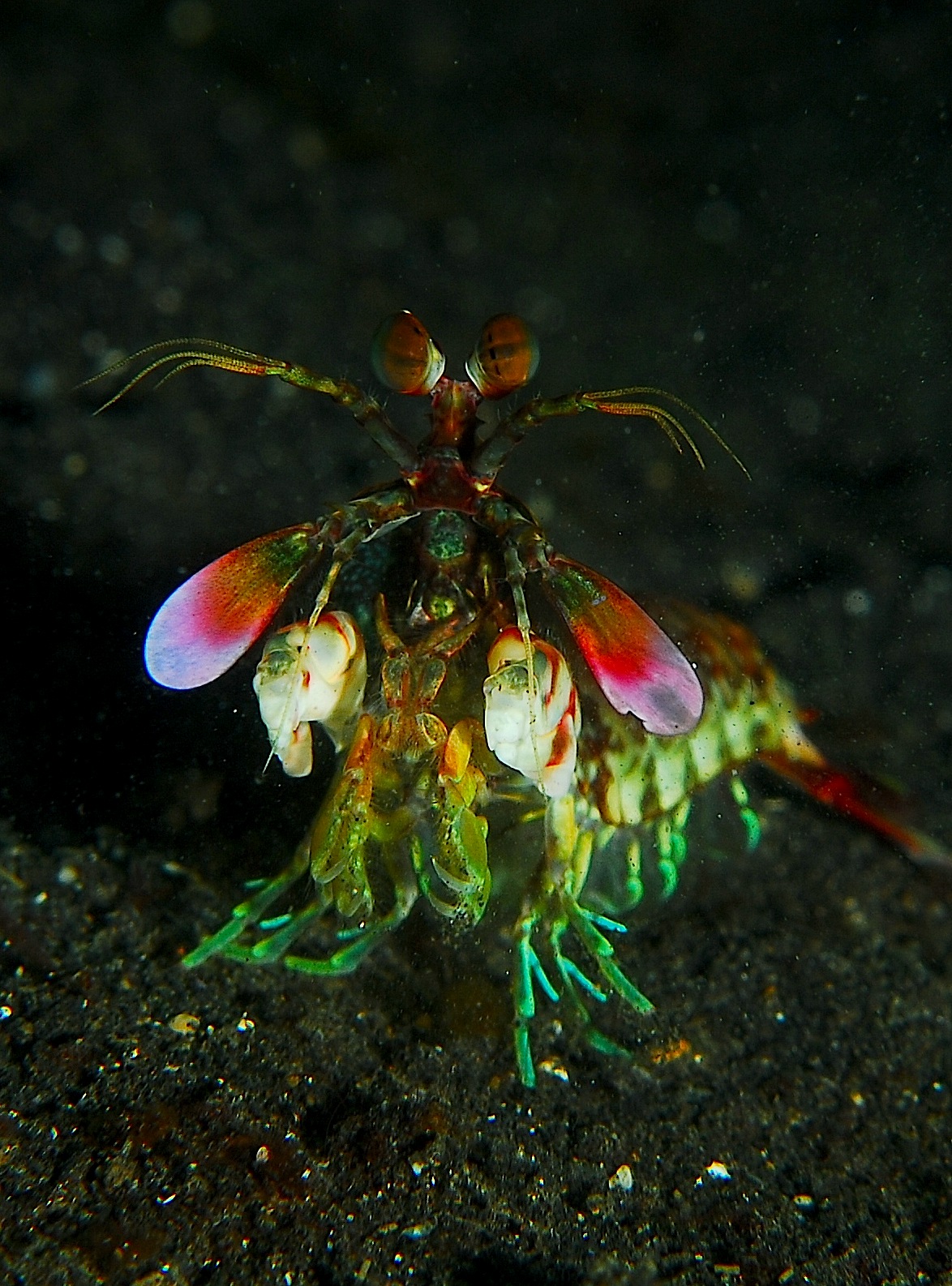Anti-depressants that end up in sewage effluent could have a major impact on marine wildlife, causing shrimp to swim towards instead of away from light. That may not sound important, but it is, because hanging around in well-lit waters make these animals far more likely to be eaten by fish or birds, potentially disrupting entire food webs.
 Publishing in the journal Aquatic Toxicology, Yasmin Guler and Alex Ford from the UK's University of Plymouth, got the idea for this study from a type of parasite that infects shrimps, making them more likely to swim towards light where they are eaten by other animals, that are the next step in the life-cycle of the parasite. The parasites change their host's swimming behaviour by manipulating levels of serotonin in their brain.
Publishing in the journal Aquatic Toxicology, Yasmin Guler and Alex Ford from the UK's University of Plymouth, got the idea for this study from a type of parasite that infects shrimps, making them more likely to swim towards light where they are eaten by other animals, that are the next step in the life-cycle of the parasite. The parasites change their host's swimming behaviour by manipulating levels of serotonin in their brain.
The researchers wondered if the anti-depressant drugs people take to target serotonin levels and control their mood might have a similar affect on other animals.They studied a common species of crustacean called Echinogammarus marinus, that lives between the tides - lift up a frond of seaweed on the beach and you might well see them hopping and wriggling around - on coasts from the North Pole down to southern Portugal.
The shrimps were kept in tanks and exposed to seawater containing different levels of various drugs including the anti-depressant fluoxetine - better known as Prozac. Over a course of three weeks, the shrimp exposed to 100 ng/L of fluoxetine were five times more likely to swim towards light, instead of away from it, compared to shrimp in clean seawater.
A 2009 study, showed a similar affect in a fish called the fathead minnow. When they were exposed to fluoxetine for 5 days, they become more likely to be caught by predators.
Not all the drugs we take are absorbed in the body, but some pass right through and end up being flushed down the toilet. These drugs aren't removed in normal sewage processing plants, and become concentrated in rivers and estuaries at levels up to and higher than those tested in this study.
Pollution from drugs is currently largely overlooked, but studies like this are starting to draw attention to the potentially devastating ecological problems they cause. It's possible that many other crustaceans, and other marine wildlife, could be similarly affected by hormone disrupters like this and many other manmade chemicals that are finding their way in increasing concentrations into the wild.










Comments
Add a comment